The world of taxes can feel like a complicated maze, and GST Registration in India can add to that feeling. But fear not, fellow entrepreneur! This blog is here to guide you through choosing the right GST registration category for your business. We’ll break it down into simple steps to ensure you’re on the right track.
There is no doubt that GST Registration Online in India involves a lot of complications, but with the assistance of our specialists at Eazy Startups, you can avoid all complications along the path. Contact us for more details.
Now, let’s look at the detailed discussion of the topic:-
- Understand Your Business Structure
- Assess Your Turnover
- Type of Goods and Services
- Nature of Business Operations
- Special Schemes and Provisions
- Involvement in E-commerce
- Consult a GST Practitioner
Understand Your Business Structure:
Understanding your business structure is the first step. Which legal form do you operate under—non-profit, partnership, private limited company, or sole proprietorship? Different GST obligations apply to different business structures. For example, the turnover limits for GST registration may differ for a partnership entity and a sole proprietor.
Assess Your Turnover:
The GST registration category is determined in part by your annual turnover. The state and kind of business determine the basic threshold limit for GST registration. The barrier is ₹20 lakhs for the majority of businesses and ₹10 lakhs for special category states. Should your turnover surpass certain thresholds, you must register for GST.
Type of Goods and Services:
The GST Registration Online category is also influenced by the kind of products and services you provide. While many items and services are subject to GST, others are subject to varying rates of taxation. To select the appropriate category, make sure you comprehend where your services fit into the GST framework. For example, unless you also offer taxable items, you may not need to register for GST if you deal in exempted goods.
Nature of Business Operations:
Think about the type of business you run. Do you engage in exporting, e-commerce, or interstate trade? Regardless of their turnover, businesses that offer goods and services over state lines are required to register for GST. In a similar vein, businesses engaged in e-commerce and those conducting business online must register for GST.
Special Schemes and Provisions:
Find out if your company is eligible for any special GST rules or schemes. For example, the Composition Scheme offers a streamlined tax payment process at a reduced tax rate and is intended for small firms with a turnover of up to ₹1.5 crores. This system has several restrictions, though, because it does not apply to interstate dealers or service providers (except for restaurant services).
Involvement in E-commerce:
Regardless of your turnover, you must register under GST if you operate or supply e-commerce. Certain GST regulations, such as Tax Collected at Source (TCS), apply to e-commerce companies and must be followed. It is essential to comprehend these specifications in order to choose the appropriate registration category.
Consult a GST Practitioner:
If you’re unclear about which GST registration category to select, it can be helpful to speak with a GST practitioner. These experts may offer customized guidance depending on your company’s particular requirements and have a thorough understanding of GST rules. They can help you with the registration process, making sure you select the right category and follow all legal requirements.
Conclusion
Selecting the appropriate GST registration category is crucial for both legal adherence and effective business functioning. You may make an informed choice by knowing your business structure, turnover, type of operations, and unique GST provisions. If in doubt, getting expert counsel can help you successfully negotiate the challenges of GST registration. Contact our GST specialists at Eazy Startups today if you want professional help completing GST Filing Online or GST Registration Online in India.


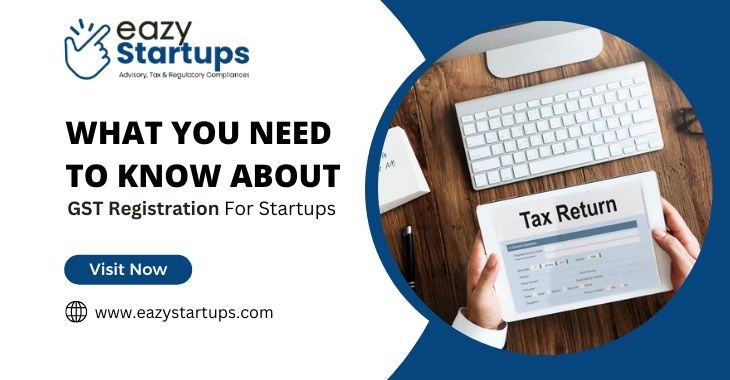
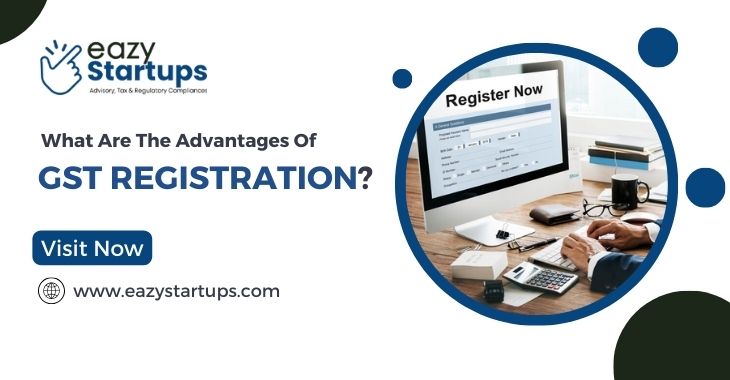

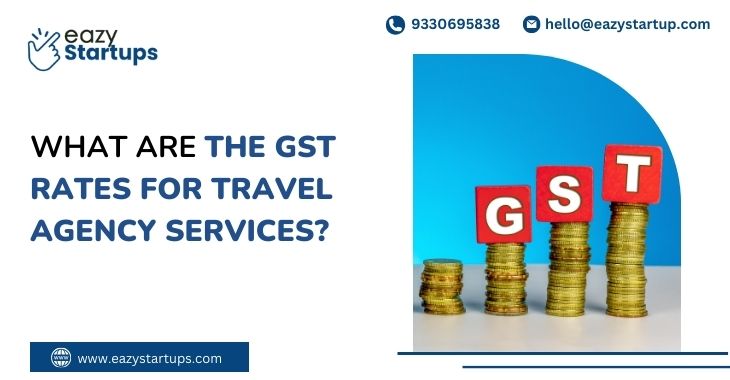
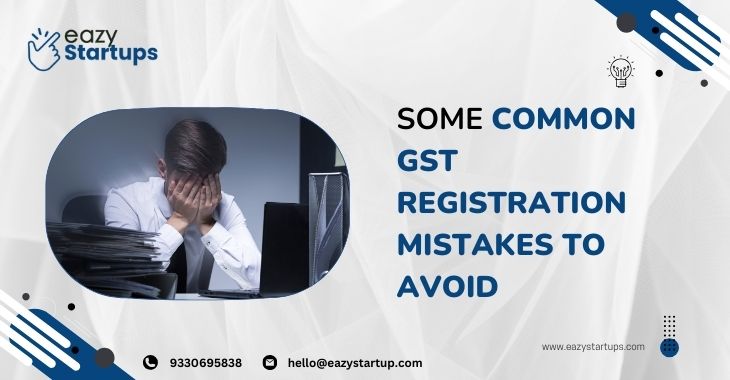
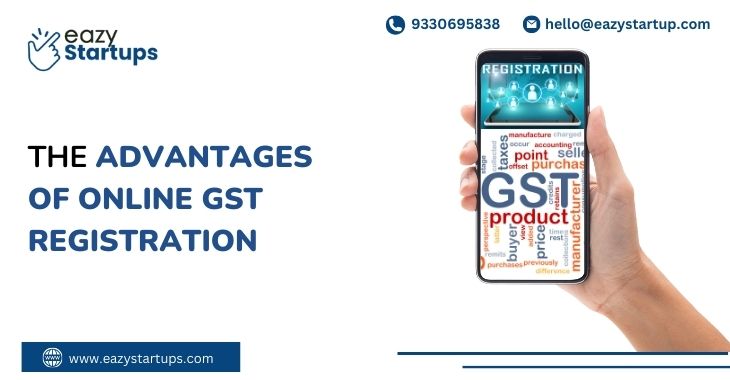

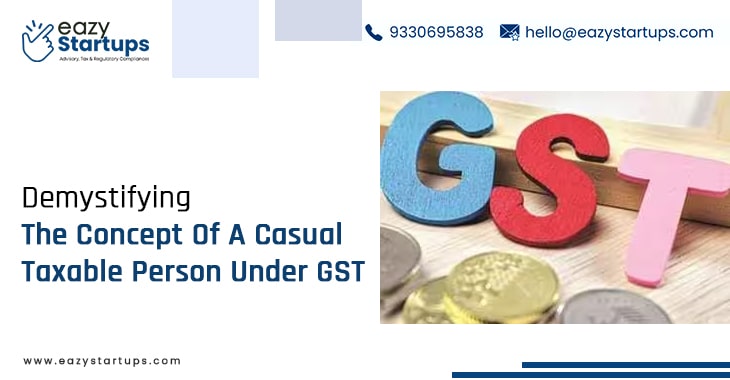
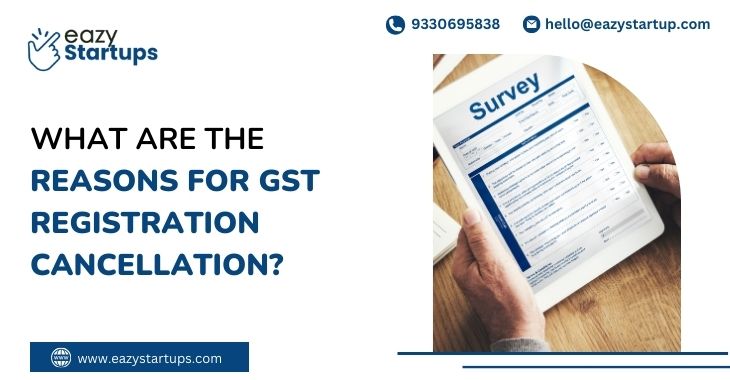
Recent Comments